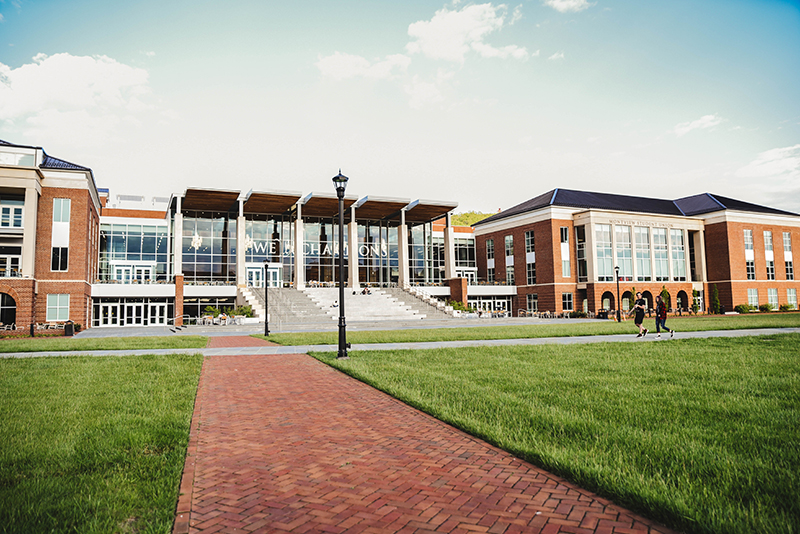5 Types of Barriers That Can Improve College Campus Security

Colleges and universities take campus security very seriously. As a result, the last two decades have seen a general decline in crime rates on campuses of higher education. Nevertheless, there are challenges involved in enforcing security on college campuses. For example, a single campus may encompass an area equivalent to several city blocks. During key hours, this area is densely populated with students and staff members. Additionally, the larger colleges may have roadways through campus. Sometimes the roadways are private, limited only to students and university staff. Other roadways may be open to the public.
We at Delta Scientific suggest several strategies for improving college campus security with vehicle barriers. Here are some products that we think would be helpful and why.
1. Traffic Teeth
Traffic teeth are used on one-way roadways to stop vehicles that are traveling in the wrong direction. When a car drives over the teeth in the correct direction, the teeth sink harmlessly into the base. However, if the car is traveling in the wrong direction, the traffic teeth puncture the tires, thus temporarily incapacitating the vehicle.
Traffic teeth are most effective in areas with a low speed limit. Roadways on college campuses generally have low speed limits because of the high numbers of pedestrians. Our MTC6000 surface-mount motorized traffic control spike system is designed to prevent accidental deployment by pedestrians, thus keeping the area safe for foot traffic.
2. Beam Barricade
A beam barricade may be effective in areas of parking or driving where only students or faculty members are allowed to drive or park. Our beam barricades raise quickly to allow authorized vehicles access and close just as quickly to cut off unauthorized automobiles. Should a driver attempt to ram the barricade, it can effectively stop a vehicle weighing up to 15,000 pounds.
3. Bollards
A bollard is a short, sturdy shaft installed directly into the ground. Maritime bollards are installed on docks to allow sailors to tie up boats. Parking bollards are generally used either to prevent vehicles from getting too close to a building or to protect pedestrian areas without disrupting foot traffic. Delta Scientific bollards with the highest crash rating are able to stop a vehicle traveling up to 50 miles per hour if it weighs 15,000 pounds or less.
4. Portable Barriers or Bollards
The permanent installation of vehicle barriers on college campuses may not always be desirable. Some institutions may hold special events that temporarily block off roadways or parking areas. For situations like this, we offer portable bollards and barricades that can be set up quickly when desired and then removed and put into storage when no longer required.
5. Guard Booths
Guard booths on college campuses provide a place where security personnel can be protected from weather, vehicle attacks, and possibly gunfire while checking vehicles’ authorization or surveying the campus in general. Guard booths also provide a focal point for students who may be in trouble to seek help, such as asking for directions or reporting a security concern.
Delta Scientific products play an essential role in campus security at many top universities across the United States. Examples include Rutgers, Notre Dame, Penn State, and UCLA.
Sources:
Share This Story, Choose Your Platform!
